Turns Out Triathlon Is Flush With Mask Makers
Dan Kennison makes bikes. He’s got a comfortable, small-scale bike brand called PremierBike, the goal of which is to deliver a mid-priced bike with high-priced features.
But Dan is not a small-time guy. “Before I made bikes I owned a medical manufacturing business for 20 years.” That business was in its global iterations Premier Medical, Premier Manufacturing, and Premier Asia Group. “We produced shoe covers, masks, isolation gowns, latex gloves.” When he sold his company in 2001 he was shipping out fifty-five 40-foot containers per month, servicing 700 hospitals throughout the US, Canada and France.
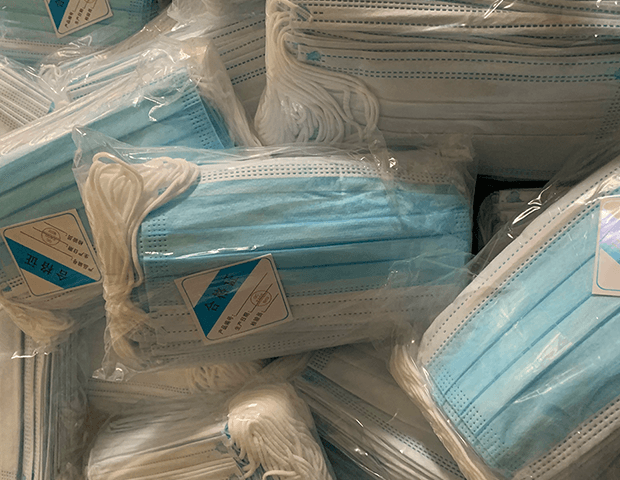
When it became apparent that PPE (personal protective equipment) was going to fall to a critical low I thought of Dan, because I knew of his history and of his willingness to help at his own expense if asked (a feature to which many PremierBike customers can attest). I was not shocked to hear how this turned out; I would have been shocked had it been otherwise.
If you’re a fair trader, a person of your word, and you value loyalty and the notion that both sides must win in a transaction, your industry fellows will remember you, and will be there for you. Dan put gas in the tank and pulled the starter rope on those old relationships.
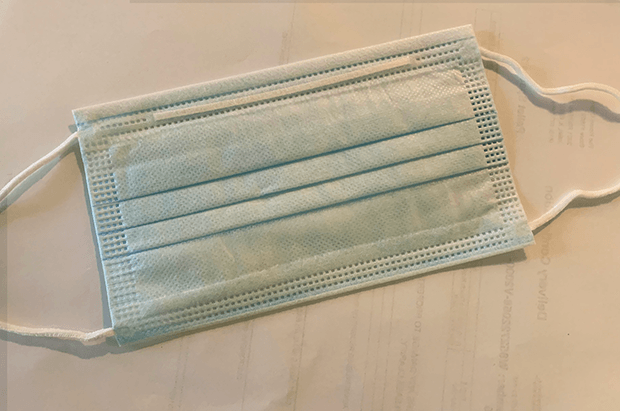
The mask project began as a thought experiment on March 26th, where he conceived a plan and set appointments with the first local hospital in Dan’s Chicagoland region.
He held that first discussion with the hospital on the 31st of March. “Tell me what do you need?” The reply? “20,000 masks.”
Dan agreed to manufacture them and sell them to the hospital at his cost, shipping them overnight from Asia He placed the order for the masks on that day, March 31st, with the goal of landing them in the U.S. a week later.
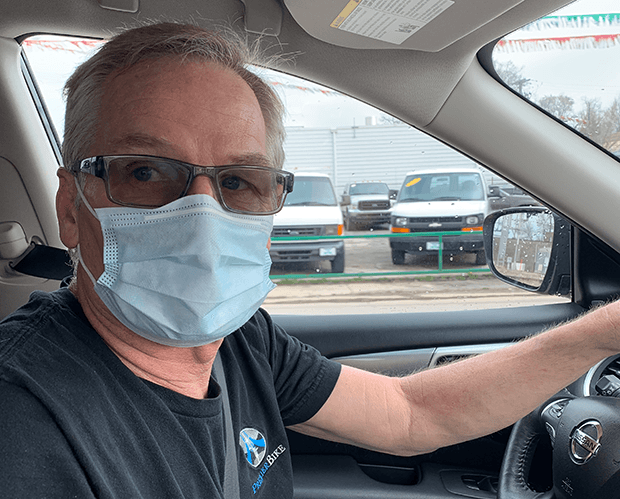
These are 3-ply surgical masks. It’s the most used style in normal hospital operations. They are generally used in surgery; one of the types Dan used to manufacture, which is why he was up and running again so quickly. He has shipped millions of these to hospitals.
“You are supposed to toss them every interaction but most hospitals are asking them to be used all day. These were for a 400-bed hospital who also supply our police and fire departments for two cities,” that total just under 200,000 residents.
That first order, placed on March 31st, was for 20,000 masks. The manufacturing was completed on April 3rd. They were shipped Fedex from the next day, cleared U.S. Customs on April 6th. Dan promised on March 31st delivery in a week, and the hospital took possession of 20,000 masks on April 7th.
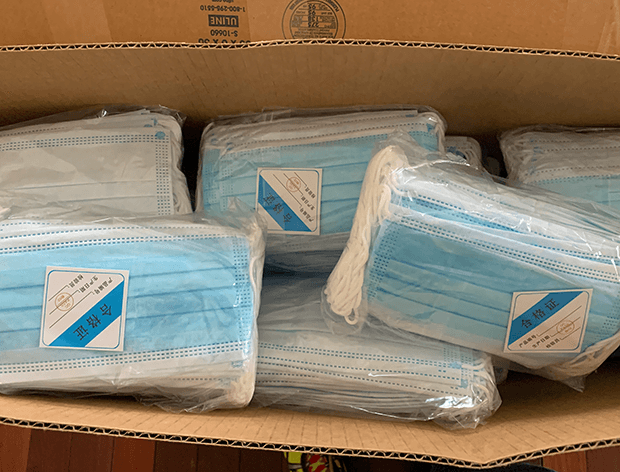
Dan told me he, “can help others if needed but I’m not set up for small orders. My next run is 100,000 masks due in next Tuesday.” And it’s not going to remain easy. “Fedex just changed the rules out of China. No more 10-day air service at a better rate. Everything is now 25 pounds or under at the crazy rate. Or you don’t get your order shipped. That high rate is supposed to be 4-day service for packages under the 25 pounds; but they are actually delayed on those as well.”
I wrote about Emilio De Soto, a similar story to Dan’s, but Emilio had no experience making masks. Emilio’s mask is washable, made to be reused, and is consumer-focused, rather than designed as a disposable mask used by hospitals.
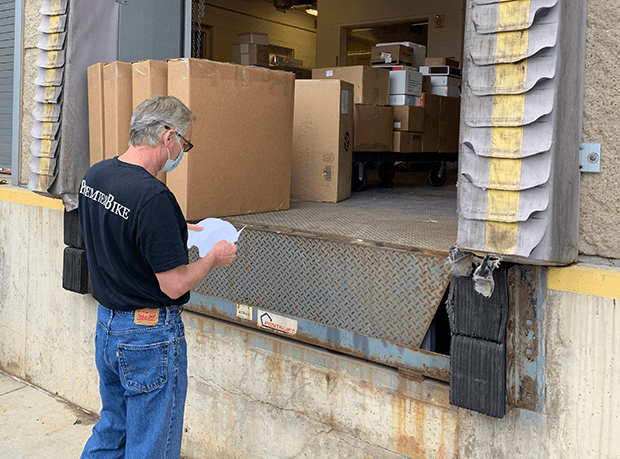
If I might editorialize, Dan, your next customer should be Walmart. And Costco. Not for them to resell, rather to give to customers as they walk in. On our Reader Forum we’re arguing about the peril one lone cyclist riding on a vacant road poses to our health care system. Meanwhile, I’m heading into town for my twice-a-month dive into the hot zone, the one time I’m likely to catch this virus. The businesses like those I mention are making money hand-over-fist due to the closure of restaurants. In consideration for their preferred status, they could keep their employees and customers safe, and the way to do that is to require all customers to wear masks. No mask, no entry.
But a lot of people don’t have masks so must use household garments which have some, but limited, efficacy. Dan, your masks are very inexpensive, more so because you're doing this without a profit motive. If there’s justice; if essential retail businesses accept appropriate responsibility in consideration for the windfall in their profits; this is where your next 100,000 masks should go, and the next 10 million after that.







Start the discussion at forum.slowtwitch.com